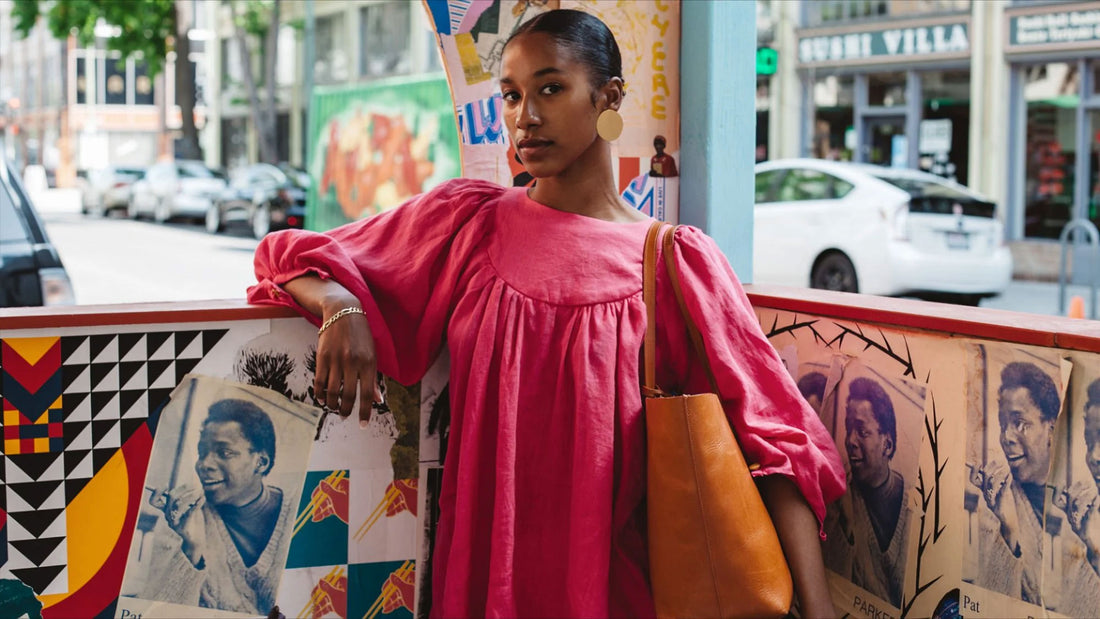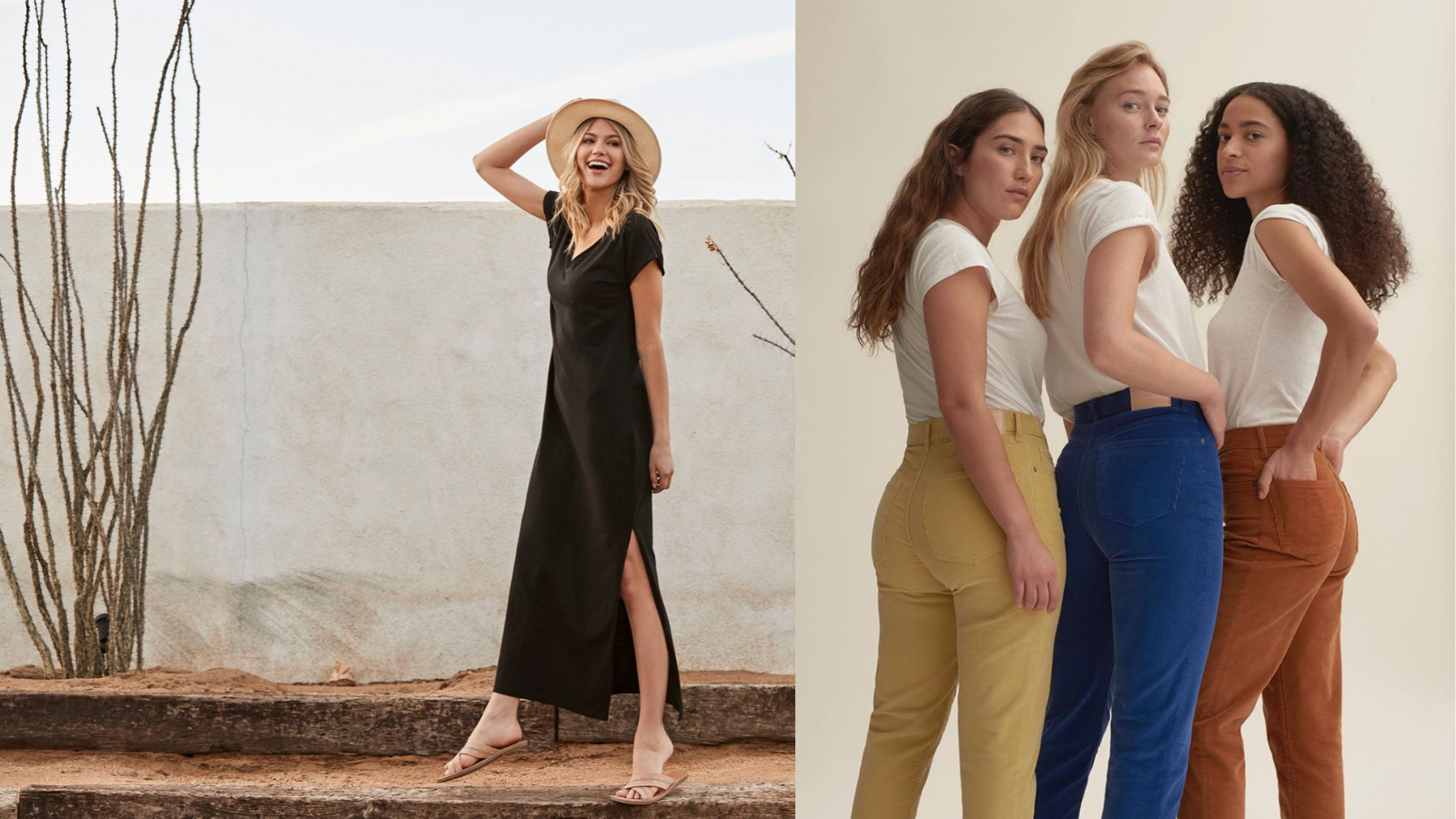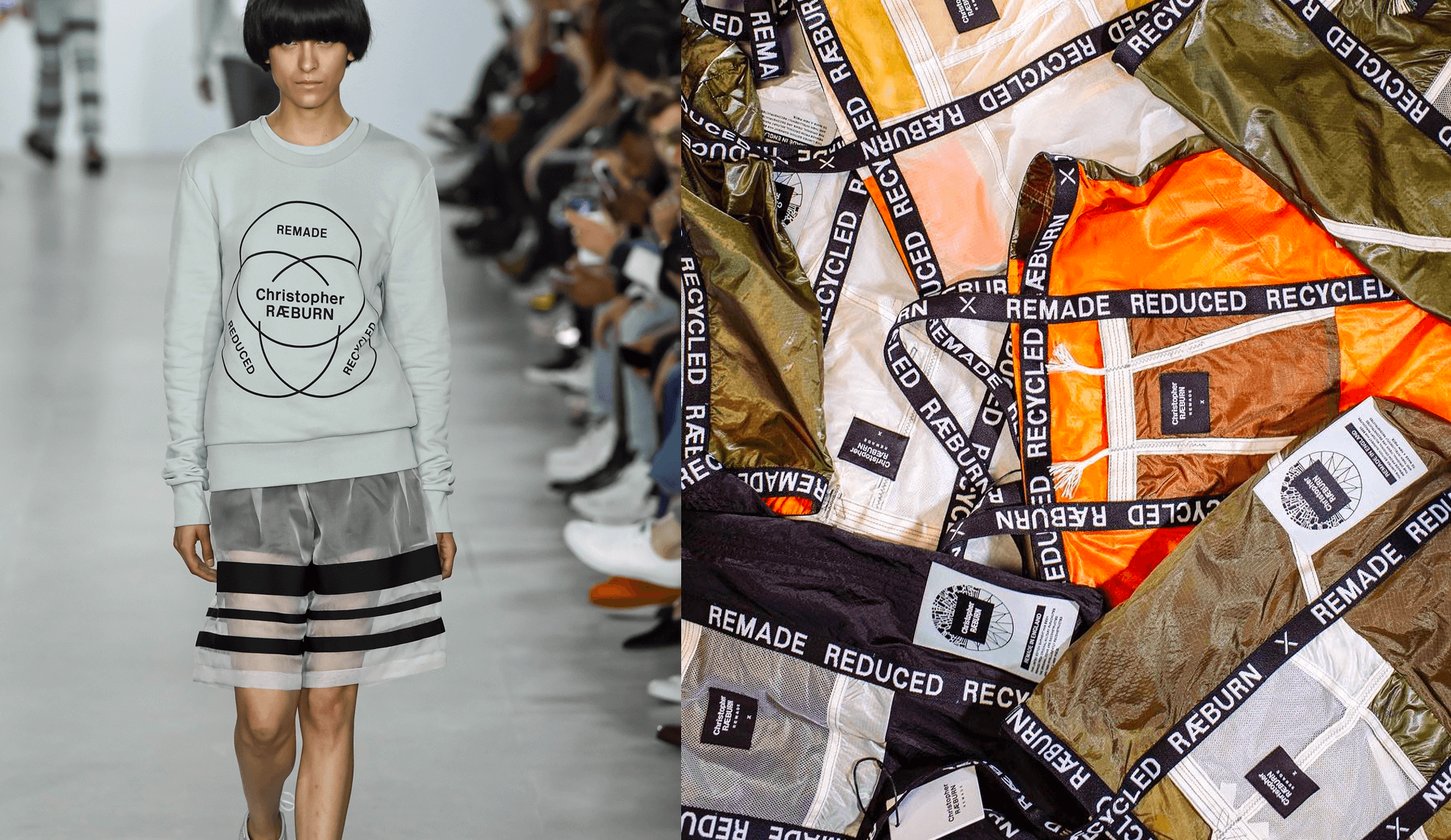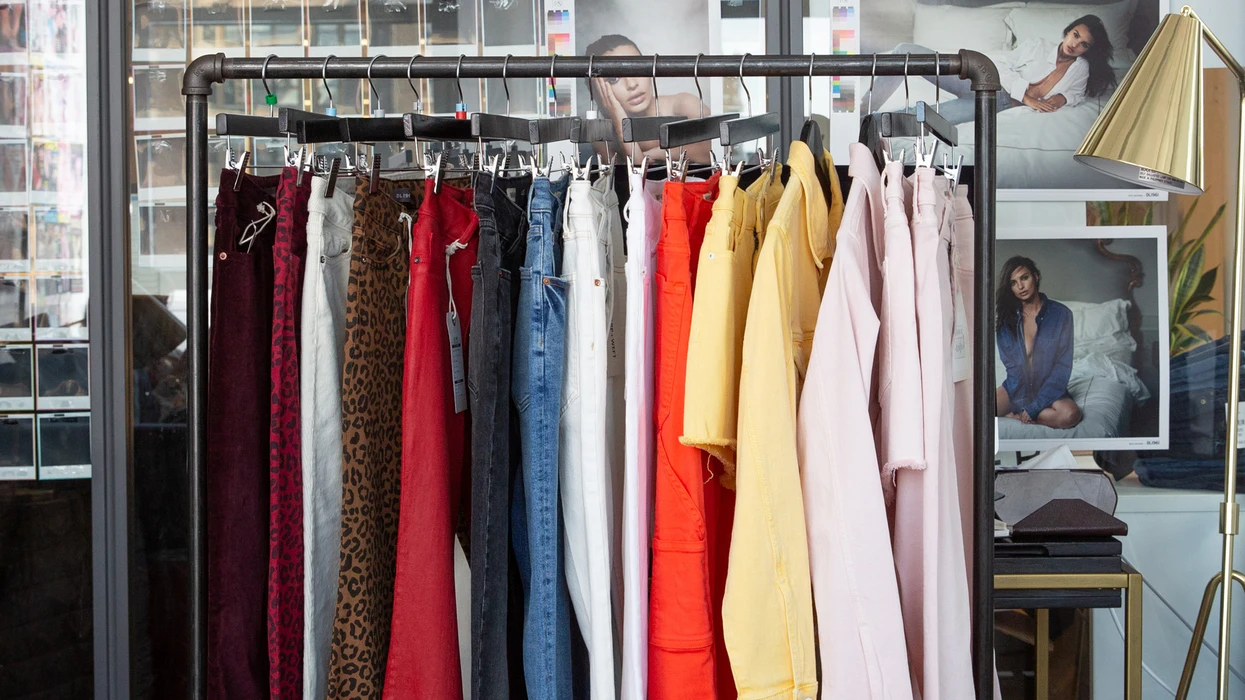
Ethical Fashion Brands: Impact on Earth, Society & Style
Share
In a rapidly evolving world where values increasingly resonate with sustainability and social responsibility, ethical fashion brands have emerged as paragons of hope for conscious consumers. Fashion is no longer merely a necessity; it is a powerful medium through which we express our values, beliefs, and commitment to creating a better world. This article delves into the essence of ethical fashion, explores its significance, and highlights leading brands that are making transformative changes within the fashion industry.
Understanding Ethical Fashion Brands
At its core, the term "ethical fashion brands" refers to those fashion companies that prioritize sustainability, fair trade, and social responsibility within their business practices. These brands challenge the status quo of fast fashion, an industry characterized by rapid production cycles, consumerism, and often exploitative labor practices. Ethical fashion asks us to rethink our approach to clothing by advocating for a more mindful and considerate way of dressing.
The Environmental Impact of Fast Fashion
The fashion industry is infamous for its significant environmental footprint. Traditional manufacturing processes contribute to a range of global issues, including pollution, waste, and the depletion of natural resources. Here, we explore the various environmental impacts of fast fashion:
Water Consumption
Producing cotton garments requires enormous amounts of water, with the industry consuming approximately 93 billion cubic meters of water each year. This excessive consumption places immense pressure on water sources and ecosystems, particularly in regions where water scarcity is already a pressing concern.
Pollution
The usage of toxic dyes and chemicals in garment production leads to significant water pollution. These contaminants are often discharged into rivers and streams, adversely affecting aquatic life and communities. Furthermore, microfibers shed from synthetic fabrics during washing can contribute to ocean pollution, harming marine ecosystems.
Carbon Emissions
The fashion industry is responsible for approximately 10% of global carbon emissions, primarily due to energy-intensive production, transportation, and waste disposal. The reliance on fossil fuels and nonrenewable resources exacerbates climate change, making it imperative for brands to adopt sustainable practices.
Waste Generation
The fast fashion model perpetuates a culture of disposability, leading to staggering amounts of textile waste. Approximately 92 million tons of textiles are discarded annually, with a significant portion ending up in landfills. This waste not only represents a loss of resources but also contributes to environmental degradation.
The Goals of Ethical Fashion Brands
In stark contrast to the negative impacts of fast fashion, ethical fashion brands strive to create a positive effect through their operations. They focus on several critical goals:
Emphasizing Sustainable Materials
Many ethical fashion brands utilize sustainable materials such as organic cotton, hemp, Tencel, and recycled fibers. These materials are produced with less water, fewer chemicals, and reduced energy consumption. By choosing these alternatives, ethical brands mitigate their environmental impact, preserve natural resources, and promote biodiversity.
Implementing Circular Fashion Principles
Circular fashion is a model that aims to eliminate waste by keeping products in use as long as possible. Ethical brands adopt practices such as upcycling, recycling, and offering take-back programs that encourage consumers to return used garments for recycling or resale. This approach not only reduces waste but also encourages a mindset shift toward long-term garment care.
Supporting Local Communities
Many ethical fashion brands prioritize local production, which not only reduces carbon emissions associated with transportation but also bolsters local economies. By providing fair wages and safe working conditions, these brands empower artisans and craftsmen while preserving traditional skills and cultural heritage.
Transparency and Accountability
Transparency is fundamental to building trust between consumers and brands. Ethical fashion brands often disclose their supply chains, production processes, and sourcing practices, allowing consumers to make informed choices. This transparency fosters accountability and encourages other brands to adopt similar ethical standards.
The Social Impact of Ethical Fashion Brands
Beyond the environmental implications, ethical fashion brands also focus on the social dimensions of their operations. Here are several key aspects of their social responsibilities:
Fair Labor Practices
Ethical fashion brands are committed to fair labor practices, ensuring that all workers receive fair wages and work in safe, humane conditions. This commitment often extends to supporting workers’ rights and advocating for gender equality, particularly in countries where labor exploitation is rampant.
Empowerment and Education
Many ethical brands invest in community development initiatives, providing training, education, and resources to empower marginalized individuals and communities. By creating opportunities for skill development and economic independence, these brands foster long-term social change.
Diversity and Inclusion
Ethical fashion brands recognize the importance of diversity and representation within the industry. Brands that prioritize diversity actively engage with a range of voices, perspectives, and cultures, which contributes to a more inclusive and equitable fashion landscape. This commitment to diversity is reflected in their marketing, hiring practices, and product offerings.
Leading Ethical Fashion Brands
As the demand for ethical fashion grows, a variety of brands are stepping up to meet consumer expectations. Below, we delve into some of the leading names in ethical fashion that exemplify sustainability and social responsibility:
1. Patagonia
Patagonia is often considered the gold standard in ethical fashion. Renowned for its environmental activism, the brand uses recycled materials in its products and actively supports environmental organizations through its "1% for the Planet" initiative. Patagonia is also committed to responsible sourcing and fair labor practices.
2. Everlane
Everlane prides itself on radical transparency, providing detailed information on the costs associated with its products and the factories it partners with. The brand's commitment to ethical manufacturing practices and sustainable materials has garnered a loyal following among eco-conscious consumers.
3. Reformation
Reformation is known for its stylish, on-trend clothing made from eco-friendly materials. The brand emphasizes transparency by tracking and publishing its environmental impact metrics. Reformation's commitment to sustainability and fashionable designs appeals to a broad audience.
4. People Tree
A pioneer in sustainable fashion, People Tree has championed Fair Trade practices since its inception. The brand collaborates with artisans and farmers to create unique, ethically produced garments that empower communities and promote social development.
5. Eileen Fisher
Eileen Fisher places strong emphasis on sustainability, using organic and recycled materials while promoting a circular fashion model. The brand encourages customers to return old garments for recycling, highlighting its commitment to minimizing waste.
6. Amour Vert
Amour Vert focuses on sustainable practices, producing its garments locally in the United States and using eco-friendly materials. The brand also plants a tree for every t-shirt sold, contributing to reforestation efforts and highlighting its dedication to environmental stewardship.
7. Veja
Veja has gained recognition for its stylish and ethically produced sneakers. The brand is committed to using organic cotton and sustainably sourced wild rubber, actively promoting fair trade practices while ensuring transparency throughout its supply chain.
8. Thought Clothing
Thought Clothing specializes in versatile, stylish garments made from sustainable materials such as bamboo and organic cotton. The brand emphasizes ethical manufacturing practices and aims to create clothing that is both fashionable and environmentally friendly.
9. TOMS
TOMS is widely recognized for its One for One model, where the company donates a pair of shoes for each pair purchased. The brand has expanded its offerings to include apparel while maintaining a strong commitment to social responsibility and community support.
10. Outland Denim
Outland Denim focuses on empowering women through ethical production practices. The brand produces high-quality denim while providing training and employment opportunities for women, particularly those who have faced adversity. Outland Denim exemplifies the intersection of fashion and social impact.
How to Support Ethical Fashion Brands
Supporting ethical fashion brands extends beyond purchasing clothing; it involves a commitment to a more sustainable and equitable fashion system. Here are actionable steps you can take to embrace ethical fashion:
Educate Yourself
Take the time to research and educate yourself about the fashion industry, sustainability, and ethical practices. Understanding the impact of your fashion choices can empower you to make informed decisions aligned with your values.
Choose Quality Over Quantity
When shopping, prioritize quality garments that are built to last over cheap, trendy pieces that quickly wear out. Investing in timeless pieces not only supports ethical brands but also reduces waste in landfills.
Repair and Recycle
Practice conscious consumption by extending the life of your clothing through repairs. Instead of discarding damaged items, consider mending them or repurposing them into something new. When you no longer need an item, recycle it or donate it to keep it out of landfills.
Advocate for Change
Use your voice to advocate for ethical practices within the fashion industry. Support policies that promote sustainability and fair labor rights, and encourage brands to adopt more responsible practices through feedback and engagement.
Shop Sustainably
Seek out ethical fashion brands and support local artisans and eco-friendly shops. By consciously choosing to shop from ethical brands, you align your purchases with values that prioritize environmental and social responsibility.
Frequently Asked Questions (FAQs)
What does it mean for a brand to be ethical?
An ethical brand prioritizes sustainability, fair labor practices, and social responsibility. They often utilize environmentally friendly materials and ensure fair treatment and wages for workers.
How can I tell if a fashion brand is ethical?
Look for certifications like Fair Trade, GOTS (Global Organic Textile Standard), or B Corp. Ethical brands typically provide transparency about their production processes and sourcing, so check for information on their websites or product labels.
Are ethical fashion brands more expensive?
While ethical fashion brands may have higher price points due to fair labor practices and sustainable materials, they often provide better quality and longevity, making them a cost-effective choice in the long run.
Can I find ethical fashion brands in my area?
Many ethical fashion brands offer online shopping. You can also check local boutiques and markets specializing in sustainable products or support local artisans and eco-friendly shops to find ethical fashion options.
What is the future of ethical fashion?
The future of ethical fashion is promising as consumer demand for sustainable and fair practices continues to grow. The trend is driving more brands to adopt ethical practices, ultimately leading to a more responsible and equitable industry.
Conclusion
In conclusion, ethical fashion brands are vital in shaping a sustainable and equitable future for the fashion industry. By prioritizing environmental responsibility and social justice, these brands challenge the harmful norms of fast fashion and pave the way for a healthier planet and society. As conscious consumers, our choices carry significant weight and can contribute to this transformative movement. By supporting ethical fashion brands, we not only enhance our wardrobes but also invest in a more just and sustainable world for future generations to come.





